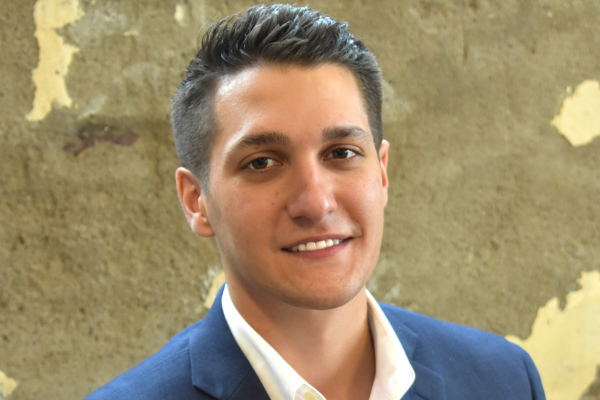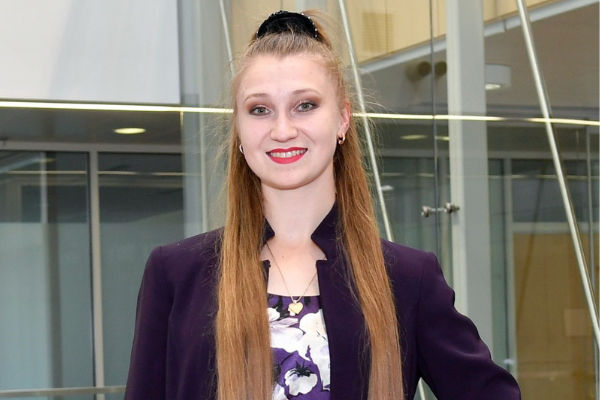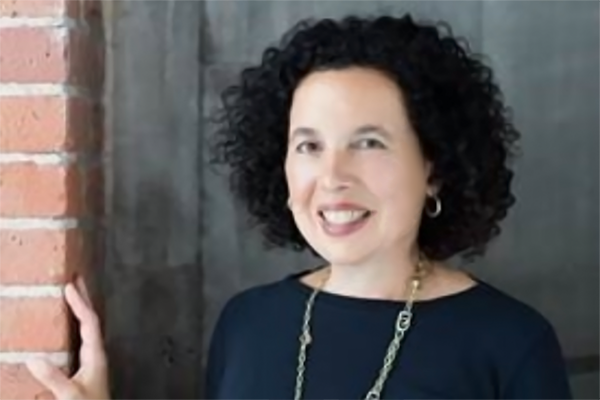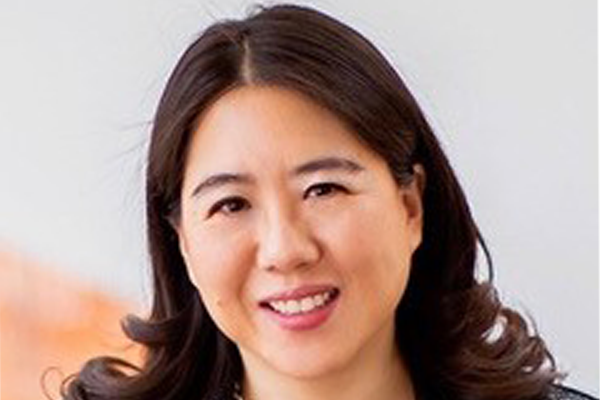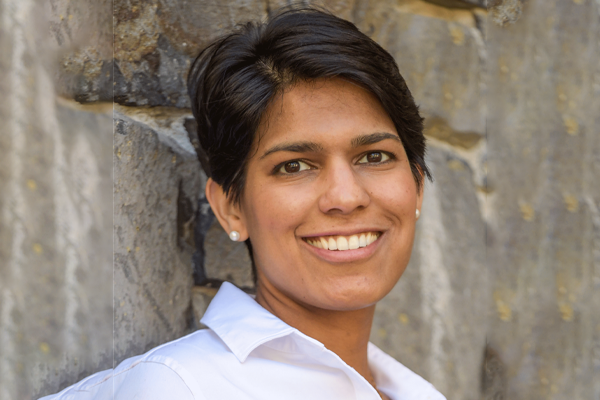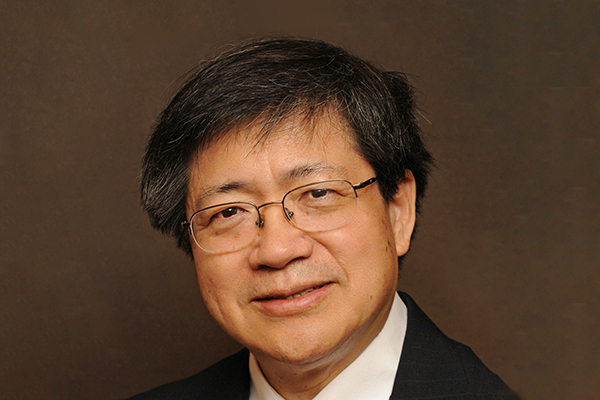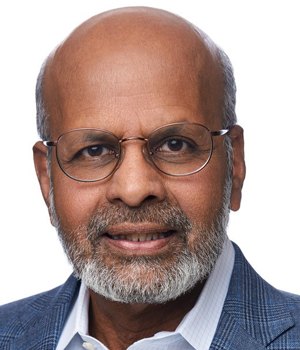
Dr. Vanessa Z Chan is a leading thinker in innovation & entrepreneurship having spent 20+ years at the interface of technology and business. She is the inaugural Jonathan and Linda Brassington Professor of Practice at the University of Pennsylvania, the Undergraduate Chair of Materials Science & Engineering and a member of the Executive Committee for Penn Health Tech. Prior to Penn she was at McKinsey & Company, where she was the first woman elected partner in the NA Chemicals Practice. As a partner she co-led their innovation practice and helped corporations with deep R&D portfolios commercialize their technologies. She was a founding member of United Technology Corporation's Innovation Business Development Advisory Council and is on various boards including Vanguard's Venture Board. At Penn she is transforming how engineers are educated by bringing real world skills into the curriculum and building a growth mindset in her students. You can learn more about her philosophy in her Commencement Speech to Penn Engineers at www.failingislikefarting.com
What was your first experience with innovation and entrepreneurship?
I got my first taste of innovation and entrepreneurship at an advanced materials company making thin film materials for semiconductor chip manufacturing where I managed engineering, quality and characterization laboratories.
The company was founded by an entrepreneurial professor and colleagues who generally talked about doing startups! There was a continuous innovation drive to fabricate novel materials for the customer base. I became intrigued with the onset of nanotechnology and agreed to partner with colleagues in commercializing innovative nanostructured materials developed at Rutgers University. We secured a pilot facility, validated the technology in the lab and pilot trials, raised venture capital (VC) financing, scaled the production technology and then built a manufacturing plant. The company was acquired.
It was a fun journey with lots of materials commercialization learning lessons along the way. Following this, I transitioned to the VC world with Pangaea Ventures, where I am still having fun supporting startups leveraging advanced materials innovations to impact big, urgent global problems.
Do you believe the relationship between academia and startups has evolved since you started 25+ years ago?
It has expanded and gotten better. At the time of my first startup, researchers were becoming more entrepreneurial. I like to say that students were not just getting their diplomas and certificates but equity in startups. Today, spinning out startups from research work is embedded in the genome of the research faculty and students at universities all over the world. Of course, this is facilitated by the generous state and federal government grants, such as the SBIR programs here in the USA.
What do you look for in a person or startup company seeking financing?
I like to see a passionate team with market understanding committed to building a world-class company in a capital-efficient approach, solving an urgent need to delight their customers. There should also be some good sense of economics, scaling and cash management. The due diligence process covers a range of items, with the initial key criteria linked to management, markets, intellectual property (IP), financial and technology.
How do you navigate domestic and international patent laws when working with your startups?
IP review is a critical component of the due diligence process, especially due to the high level of international activities on advanced materials and related manufacturing processes. Typically, a hybrid approach with an internal patent review coupled with opinions of independent experts. Sometimes, a freedom to operate opinion is tied into the review. Most startups will work with a legal firm to both file and maintain patent protection on both the domestic and international fronts. We typically keep track of patent databases, trying to get awareness on patent trends and company focus areas.
How did you work with startups and entrepreneurs in Asia?
Pangaea has a robust global deal flow pipeline across the world. We were the co-lead investor in a China-based startup, Cnano Technologies, that successfully completed its IPO last September on the Shanghai exchange. It’s not easy to manage and assist a portfolio company in Asia, being based in the US and Canada. Local partners are needed in the investment syndicate and we were fortunate to partner with some leading investment firms while supported by a top-notch management team. Understanding the ecosystem and local regulations, including financial transactions, entrepreneurial base and local investor network are key requirements for making successful overseas investments.
What are the problems you would most like to see get more attention?
Notwithstanding the current COVID-19 outbreak, our world is faced with some daunting challenges. Climate change, food availability, energy and water security, healthcare, changing demographics, etc. A while ago, the UN established 17 Sustainable Development Goals that focus attention on the matter. Advanced materials innovations are the keys to resolve these issues. More companies are adopting more sustainable practices and we are seeing more emphasis on areas of circularity, green chemistry, and synthetic biology manufacturing routes.
Any advice for aspiring entrepreneurs?
Be prepared to secure the attention of investors by articulating a great story to investors in the first meeting. Investors are busy people and see a lot of opportunities and yours needs to get to the top of their funnel! Do some homework on the investors to understand their goals and investment history. Meet the investors when you are really ready to explain your differentiated value proposition to build a world-class business and generate excellent shareholder returns. Address urgent problems, with an impact, in large growing markets with competitive, innovative products
How do you foresee COVID-19 affecting startups?
The COVID-19 outbreak has already resulted in a general slow-down, triggered by the lockdowns, supply chain disruption and reduced customer operations. The government is providing some financial assistance but that will not be enough. The venture ecosystem is intact and will be ready to rebound as the economy opens. At the same time, investors have dry powder to invest but will be selective in terms of the impactful value propositions and valuation. Startups are expected to strengthen their cash runway position to about 2 years. It’s also time to revisit short term and long-term goals and look for opportunities amidst the crisis. Avoid wild pivots at this time!
This article has been edited for length and clarity. The opinions expressed in this article are the author's own and do not necessarily reflect the view of their employer or the American Chemical Society.
Copyright 2020 American Chemical Society (All Rights Reserved)

